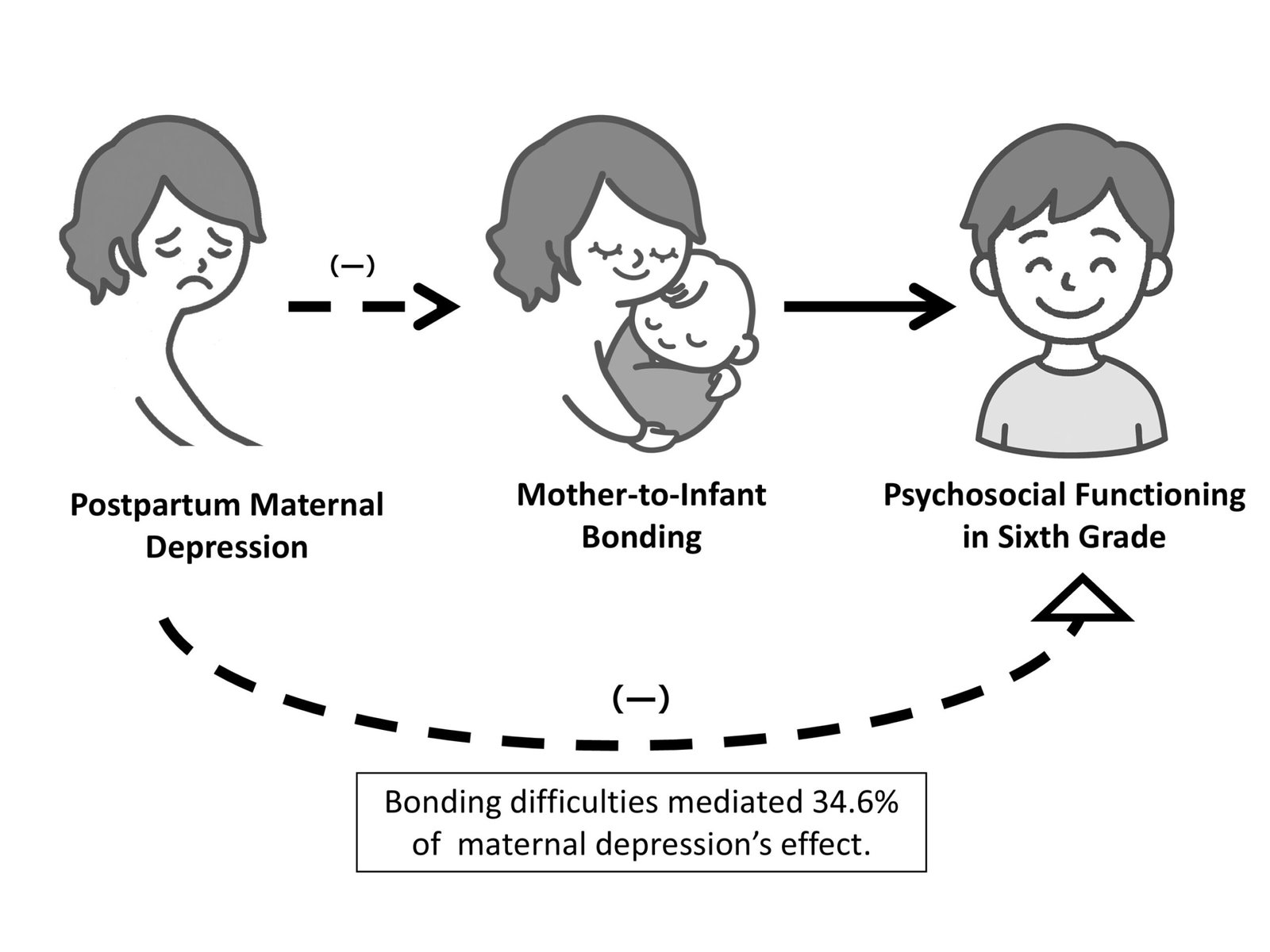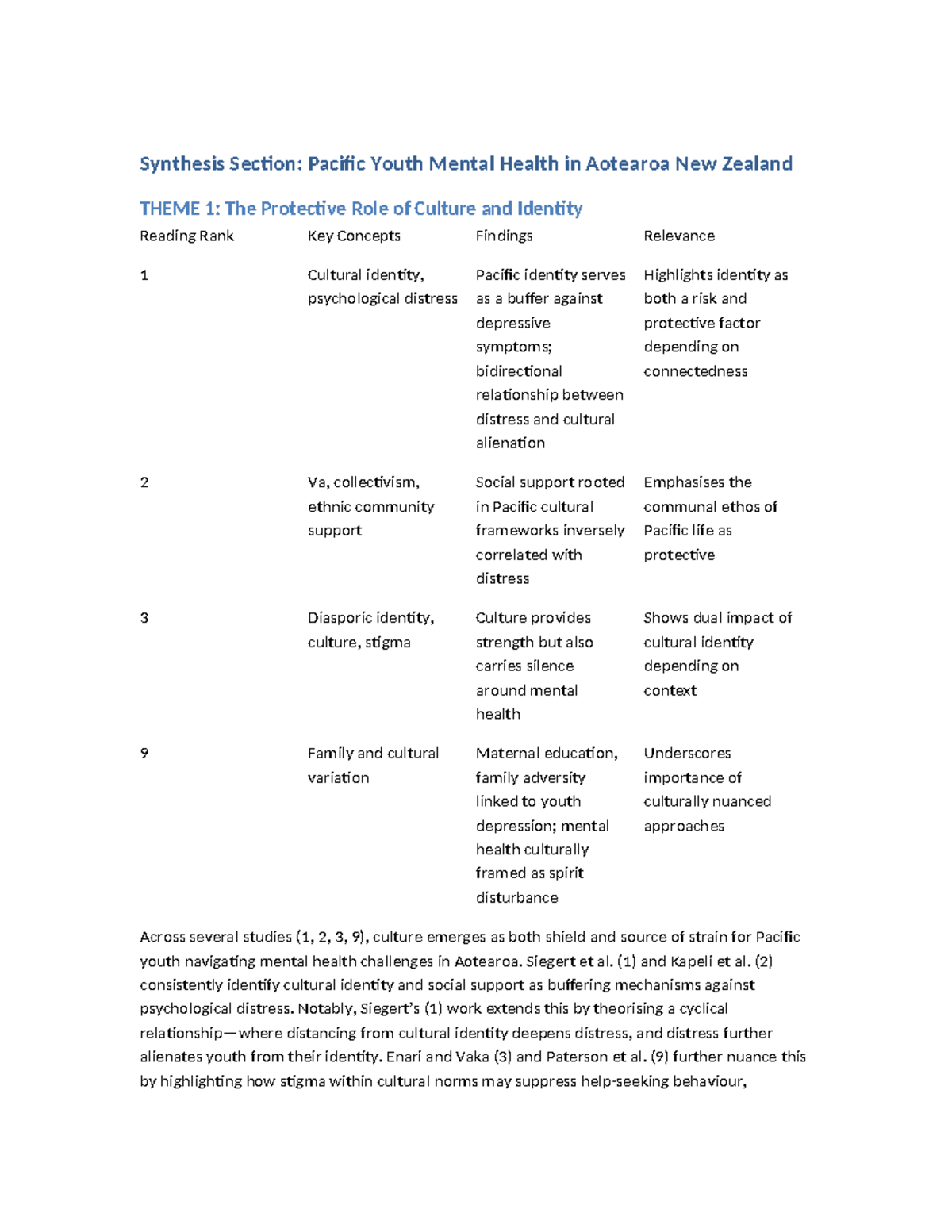A new study explores the connection between postpartum depression in mothers and its long-term effects on their children’s emotional and behavioral development. Researchers from Shinshu University in Japan, led by Associate Professor Daimei Sasayama, investigated how maternal mental health and mother-to-infant bonding influence child difficulties as they reach middle childhood.
The study assessed 245 mother-child pairs from Okaya, Japan, whose children were born between April 2009 and April 2012. Using established tools like the Edinburgh Postnatal Depression Scale (EPDS) to evaluate maternal depressive symptoms and the Mother-to-Infant Bonding Scale-Japanese version (MIBS-J) for bonding assessment, the researchers gathered data during postnatal health checkups. Child behaviors were measured using the Japanese version of the Strengths and Difficulties Questionnaire (SDQ) when the children reached sixth grade.
The findings revealed that 17.1% of mothers exhibited postpartum depressive symptoms, consistent with national rates in Japan. Notably, the study identified that mother-to-infant bonding mitigated some negative impacts of maternal depression on child behavior. Specifically, bonding mediated 34.6% of the effects of postpartum depression on child difficulties, confirming the researchers’ hypothesis.
Children of mothers with postpartum depression experienced higher rates of emotional and behavioral challenges. Boys, in particular, showed increased difficulties, especially in areas such as conduct and hyperactivity. The results underscore the importance of early bonding experiences and their lasting implications for child psychosocial development.
Dr. Sasayama emphasized the need for early interventions focused on improving mother-to-infant bonding, particularly for mothers experiencing postpartum depression. Such interventions could foster healthier emotional and behavioral outcomes in children. The study advocates for future research to identify specific depressive symptoms that most disrupt bonding and to consider genetic and socioeconomic factors in developing targeted support strategies for affected families.
The study’s findings are published in the journal Archives of Women’s Mental Health, highlighting the critical need for awareness and intervention strategies to support maternal mental health and enhance child development.



